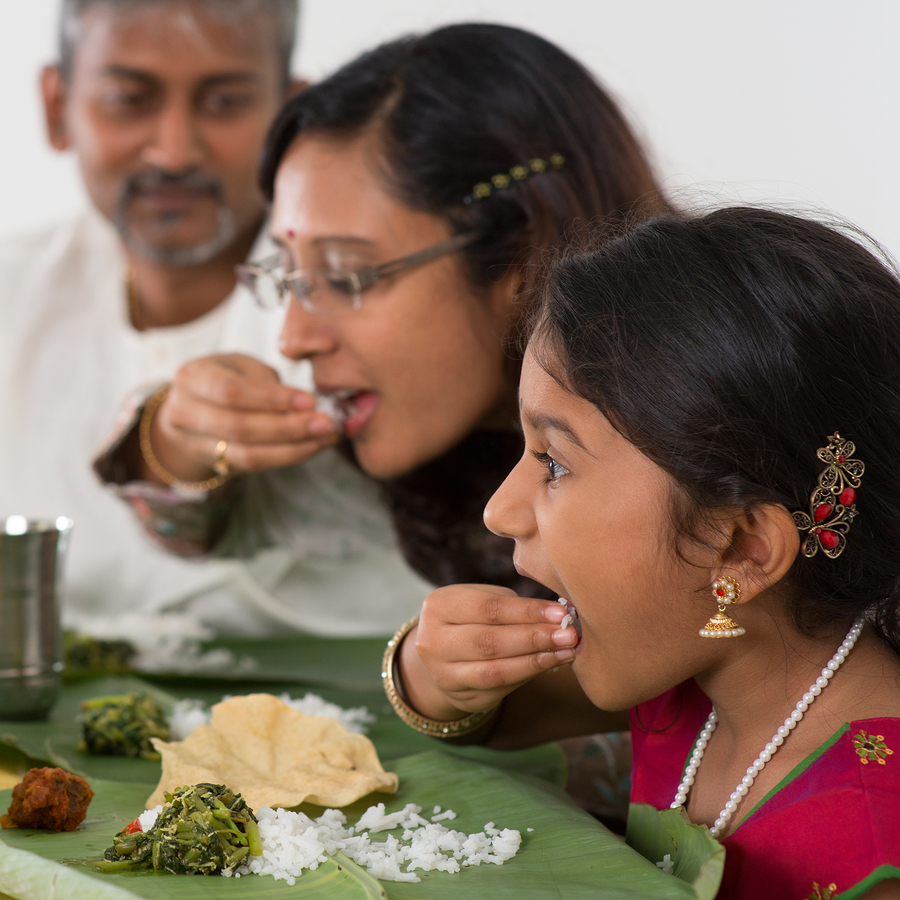Cultural Habits at Home and Work
Starting the Day Wet Hair
Many Filipinos have adopted the routine of leaving the house in the morning with damp hair, a cultural tradition carried over from the tropical climate in the Philippines. With hot and humid weather year-round, traffic jams that could last for hours, and thick, textured hair that takes time to dry, it was simpler to forgo blow drying and allow hair to dry naturally throughout the day. However, in cooler climates with less congestion, arriving at the workplace with wet or damp hair can raise eyebrows. The practice highlights cultural differences that may not translate internationally without explanation. While seen as unprofessional abroad, Filipinos find comfort in familiar routines from home.
Staying True to Roots
For Filipinos living overseas, keeping cultural habits like leaving the house with wet hair provides a sense of normalcy. It’s a daily reminder of where one comes from during adjustment to a new country. Changing little traditions can feel like losing touch with identity and family practices ingrained since childhood. Carrying traditions also promotes cultural sharing and appreciation from others. Explaining habits provides education about Philippine culture and an opportunity for connection over similarities and differences experienced around the world. Staying true to roots fosters diversity and understanding among co-workers.
Practical Considerations
Thick, textured hair that takes hours to dry naturally leads many Filipinos to skip blow drying for convenience. Between preparing for work, household responsibilities, childcare duties, and fighting traffic delays, there isn’t always time for lengthy drying. Leaving hair to finish drying throughout the day is also more cost effective than using hair dryers daily. In a country with high electricity bills like the Philippines, this economical routine endures abroad. Natural drying is also healthier for hair and scalp by avoiding heat damage from tools.
Breaking from Expectations
While unorthodox in some Western workplaces, arriving with damp hair doesn’t necessarily denote unprofessionalism. For Filipinos, it represents prioritizing schedules over rigid appearances and preserving cultural identity during assimilation. By continuing hair drying habits from back home, Filipinos adapt tradition to their circumstances instead of fully conforming abroad. This challenges expectations and cultural biases and creates opportunities for empathy, understanding and exchange between coworkers from different backgrounds.
Cultural Exchange and Appreciation
Explaining traditions fosters cultural appreciation in a global workplace. Filipinos sharing the significance of starting each day with wet hair educates others about Philippine culture and lifestyle. It sparks curiosity about practices in employees’ home countries. Conversations highlight both shared and differing experiences around morning routines, weather, hair types, and cultural norms. This diversity expands perspectives and builds camaraderie. Over time, explanations normalize the habit for colleagues and integrate Philippine traditions respectfully into the shared work culture.
Tradition Adapting to Times
While traditions have deep meaning, some adjustments balance heritage with modern demands. Filipinos living where weather requires drying hair fully understand concerns could arise without context. With open communication, they can adapt the practice sensitively when necessary, such as on important client days. Meanwhile natural drying endures as a valued cultural and practical routine respected by understanding workplaces celebrating diversity and flexibility. Both tradition and profession are prioritized through balance. 
